As Capitol Hill debates H.R. 2864, the Countering CCP Drones Act, it’s clear to me that this misguided legislation threatens to ground our heroes and compromise public safety for political gain. Let me explain.
As the CEO and Founder of Advexure, one of the United States’ largest drone dealers and integrators, I’ve witnessed firsthand the transformative power of Drone Technology. We’ve sold, trained, consulted, and supported thousands of public safety agencies, as well as various commercial and enterprise users, that leverage this technology daily to benefit their communities, improve operational efficiencies, and ensure their duties are carried out safely.
Since our founding in 2012, Advexure and our customers in the Drone Industry have thrived on the principles of innovation and free-market competition, championed by industry leaders and innovators like DJI. Our mission has always been to provide the best solutions for public safety, utilities, agriculture, surveying, mapping, and other key industries.
Having spent the last 2-3 years educating our lawmakers about our drone industry, today more than ever, I am compelled to voice my strong opposition to the Countering CCP Drones Act and state legislation that threatens to derail our industry and, more importantly, public safety.
“I strongly oppose this bill and I truly hope you will as well.”
Independent Knowledge and Obligation
As a dealer, Advexure is trusted by customers to have independent knowledge of the marketplace given our 10+ year investment in offering a vetted portfolio of hardware and software solutions to the industry, combined with subject matter expertise. We sell every manufacturer that we’ve vetted, including domestic and foreign made products. This impartial and agnostic stance is why I feel an obligation to state the facts that we encounter in the real world every day.
Our customers rely on us for our expertise and guidance, and many fear speaking out against this legislation due to potential backlash. While I can’t and don’t want to speak for everyone, I know very well that many of our customers in government and public safety can’t voice their freedom of speech given their positions of authority and sworn duties. In today’s hypersensitive climate, their opposition may be seen as an endorsement of one company, one brand, or one manufacturer. I feel obligated to speak for them and share the opinions we’ve heard firsthand.
To be clear: I work for our customers. I don’t work for investors, I don’t have a VC to please, and I’m not controlled by any one company or industry. Conversely, VC-driven manufacturers typically aren’t working to serve you, an operator, drone pilot, program coordinator, or first responder in the drone industry; they need to show return for their investors.

The First Responder’s Plea
While we’ve heard feedback from many customers and industry sectors, here is just one plea from a first responder, who has chosen to remain anonymous to avoid potential backlash:
“I have served as a police officer for the past 15 years, and I plan to continue to serve my community in this capacity for another 15 years. I am one of the founding members of our department’s UAS team (2016). I am considered an expert in the field when it comes to public safety drone use. I use drones daily, speak at various conferences throughout the nation, consult with UAS manufacturers, and work closely with SLTT agencies, including the federal government.
I strongly oppose this bill, and I truly hope you will as well. This is a sweeping overreach of government. We are the practitioners, professionals, and end-users in the field, using drones to save lives. The federal government should not dictate the models of life-saving technology we should or shouldn’t use. Entities should be able to freely choose, after careful consideration and evaluation, which types and models of drone technology best fit their mission.
Congress does not possess the intimate knowledge of what DJI and other similar drones can offer in comparison to US-made drones. From my vast experience, I can tell you that DJI products are far superior to any other manufacturer. This bill would take life-saving equipment out of our hands for political gains.
The security concerns of using these drones have been severely inflated and are incorrect. We’ve been seeking concrete evidence of security concerns with using DJI drones for years and have never been presented with such. Instead of legislating these tools away from us, Congress should focus on funding and encouraging US companies to produce drones as capable, or more capable, than the Chinese competition.
Restricting the use of DJI drones from public safety agencies will be detrimental. The State of Florida experienced this with similar legislation, which decimated local government UAS programs throughout the state and wasted millions, if not billions, of taxpayer funds. Please understand the effect it will have on local first responders. We need all the tools we can get to help us in our mission of public safety. Thank you.”
Domestic Drone Solutions: Far from Parity
Over the past few years, a wave of domestic optimism has pushed for US-made drones to challenge DJI’s market dominance. Don’t get me wrong, I would love to fly a capable, safe, and affordable drone with a big American flag on it, and we as an American drone industry will get there. Unfortunately, despite substantial efforts, US solutions lag behind by 3-5 years in technology, reliability, and operational safety.
Advexure continues to push domestic partners to focus on product quality, innovation, and reliability. I must credit the progress we as an American business community have made; manufacturers such as Freefly, Watts Innovations, Inspired Flight, Teal, and others have excelled at improving their product offerings. However, these domestic solutions are priced anywhere from 3 to 6 times higher than their DJI counterparts.
The market operates on free trade principles, where competition drives innovation, and buyers choose the best products for their needs. Let me reiterate: the buyers in the market choose. We don’t choose, nor should the government choose. Winners and losers are determined in our free market and the laissez-faire philosophy works as it should.
Our industry’s freedom is now under attack by poorly conceived legislation driven by misinformation and protectionist motives, infiltrated by companies like Skydio and Brinc and associations like AUVSI, which thrive on a pay-to-play business model. If capable drone technology, which departments and agencies have exercised their freedom to buy, is no longer accessible to our first responders, politicians and companies pushing poor public policy will have blood on their hands.
The Hypocrisy of Security Concerns
The opposition to DJI drones hinges on unfounded security concerns and a misguided emphasis on country of origin. No concrete evidence has surfaced to substantiate the claims of Data Security risks posed by DJI products. Meanwhile, lawmakers themselves continue to use Chinese-made phones, computers, networking devices, and other technologies without issue.
The hypocrisy is glaring and dangerous. If data security were a genuine concern, specific practices and standards would be discussed, yet they are conspicuously absent from the debate. Why is The Hill so focused on taking away the industry’s most capable drones on the market?
This is an interesting question that I’ve been asked by peers in other tech industries. Personally, I’d say there are “bigger fish to fry” because drones do not contain the vast treasure trove of information and data that many other technologies do—technologies that are far more integrated into our daily lives.
Another important consideration that’s often glossed over: DJI drones have had local data and offline data modes for many years. They operate very well, completely disconnected from the internet, or a company or agency’s network.
The crushing reality of the current drone industry is that VC-funded companies are desperate to produce ROI for their investors.
The Real Motivation: Follow the Money
Drones are in the crosshairs, and all you need to do is follow the money and those pushing such legislation. These entities are desperate for market share while the industry is still in its early growth stage on the adoption curve, specifically in the “early majority” phase.
While Skydio has emerged as the United States’ leading drone manufacturer, it is still a young player in a developing and very immature industry. Its position is still ripe for the taking. What we are witnessing is not a genuine effort to enhance national security but a politically motivated maneuver to stifle competition.
Companies like Skydio, BRINC, and AUVSI have spent millions of dollars on lobbying efforts to mislead lawmakers and sway policy in their favor. These actions endanger lives by depriving public safety agencies of the best tools available. The blood of lost lives due to these inadequate tools will be on the hands of those who pushed this legislation.
Adding to the hypocrisy, Skydio and BRINC fund AUVSI to drive a coalition and narrative called the Partnership for Drone Competitiveness. This partnership engages in anti-competitive lobbying practices aimed at removing competition from the market, rather than innovating and winning with the best product.
Supply Chains and Industry Scalability
In my opinion, this topic is far under-discussed in the current debate. Supply chains and industry scalability are critical issues that only the dealer and distributor side of the industry can truly speak to in an agnostic fashion, given the number of vendors we work with across our portfolio and around the world.
With all other technology, China is an important part of the global supply chain, with many other technology sectors leveraging Chinese components. Even Blue UAS, Green UAS, and NDAA-compliant drone platforms contain Chinese-made components.
Since the introduction of the Blue UAS program in 2020, we’ve seen a very small portion of the commercial industry choose to adopt these platforms. Let it be noted, the Blue UAS program was created for the US Department of Defense, i.e., “The Warfighter,” not the public safety operator needing to locate missing subjects or the engineering firm needing to survey a new site development.
I’ll refrain from further comment on this topic since it could be an entire article in itself, but keep in mind that the initial solution was for the US drone industry to adopt Blue UAS as a safe and secure solution for the US industry. Even if you’ve never flown a drone, a drone and sensor package for the warfighter is different from a drone and sensor package needed for an engineering firm, public safety agency, or farmer.
No matter the drone solution being adopted, the industry has come to expect reasonable lead times and delivery times, especially when serving public safety missions. With significant budget cuts to our first responder agencies over the last four years, the last thing a UAS program wants to do is wait several months for delivery when their purchase process already took 1-2 months, and daily calls for service could benefit from having the technology in hand.
For example, in June 2023, a state agency purchased two Blue UAS drones from Advexure along with accompanying accessories, payloads, and training totaling over $240,000. They were initially quoted a three-month delivery; however, the timeline stretched to six months, then nine months, and finally, they took delivery almost a year later.
In another case, a public safety agency had to wait 162 days for a US-made, NDAA-compliant drone system. This is unacceptable in a market where new models and features are constantly being introduced. These delays are a stark contrast to DJI and other foreign manufacturers’ ability to deliver at scale.
In the case of DJI, they’ve honed their supply chain over 18 years since its founding in 2006. If we look at just the companies on the Blue UAS list, the average number of years in the UAS/UAV business for these entities is 9.8 years, with some manufacturers having as little as six years in business. If it took a Chinese company 18 years to achieve today’s economies of scale in production capabilities, how many years will it take our domestic manufacturers to deliver at scale?
In Conclusion
The reality is that DJI drones have been instrumental in saving lives and enhancing operational efficiencies across various sectors. The industry should focus on software security, ensuring that drones operate safely and securely, rather than banning products based on their country of origin. Protectionist policies are un-American and ironically reminiscent of communist tactics that stifle innovation and free choice.
As a patriotic American, I would love to see our domestic OEMs succeed, but not at the expense of market principles and public safety. We need to prioritize the safety of American lives and business efficiency over politics and lobbying money. We should have access to the best tools for the job, and our US software and its security measures will ensure that no matter where the hardware is manufactured, it can be used with safe data security protocols.
It’s time to put politics aside and let the market decide. Our end-users and buyers deserve the freedom to choose the best tools for their needs, free from the influence of misinformed and financially motivated legislation. I urge the drone industry to expeditiously engage with their lawmakers to voice their opposition to this un-American legislation. Let’s protect the future of our industry and the lives it touches by advocating for common sense and innovation over politics and protectionism.
Travis Waibel
CEO and Founder, Advexure
Discover more from DroneXL
Subscribe to get the latest posts to your email.
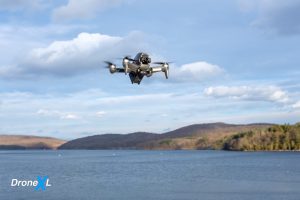
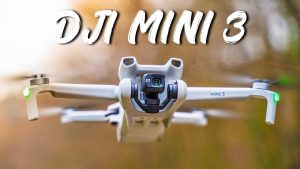

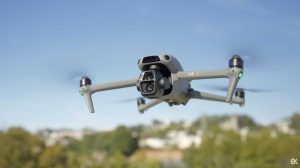


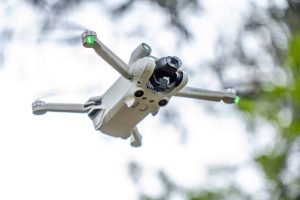
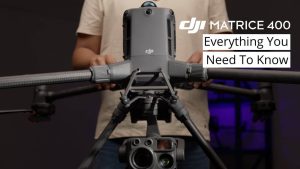
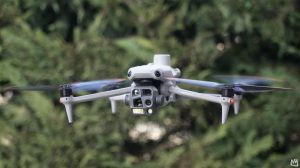
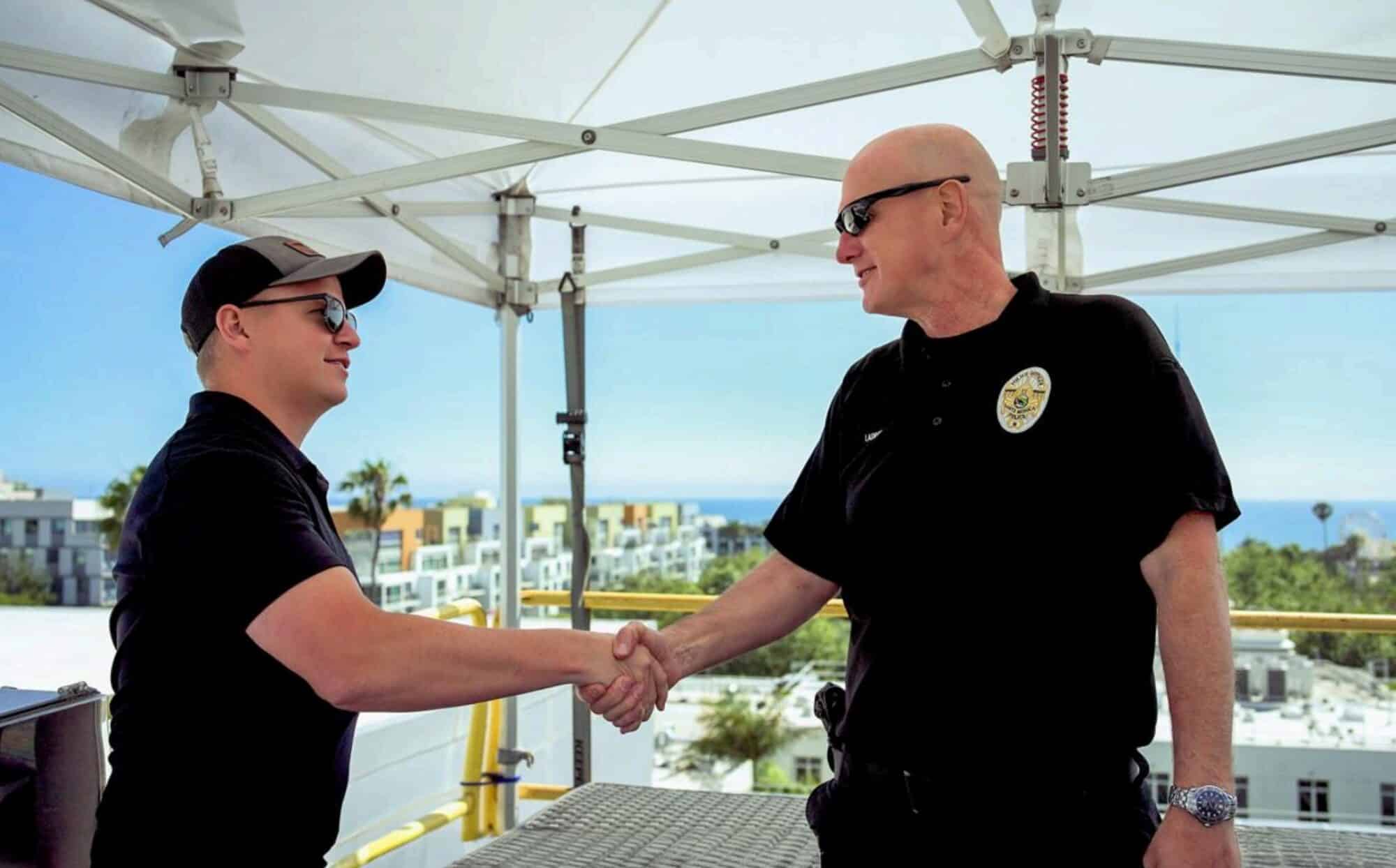
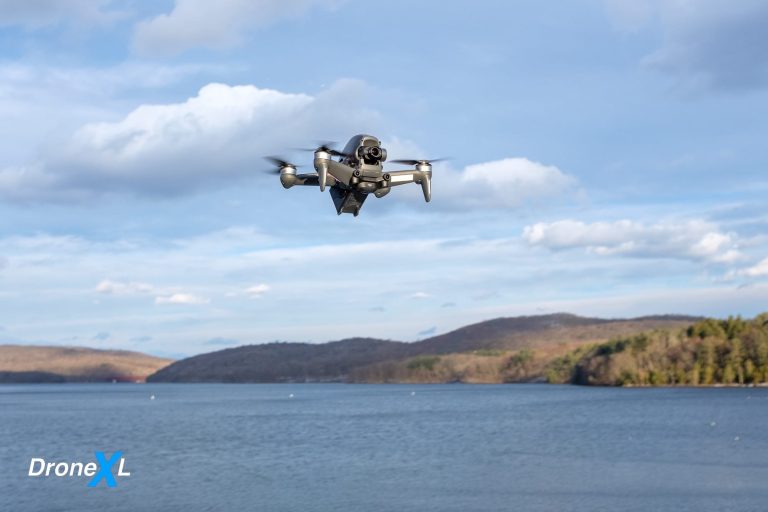
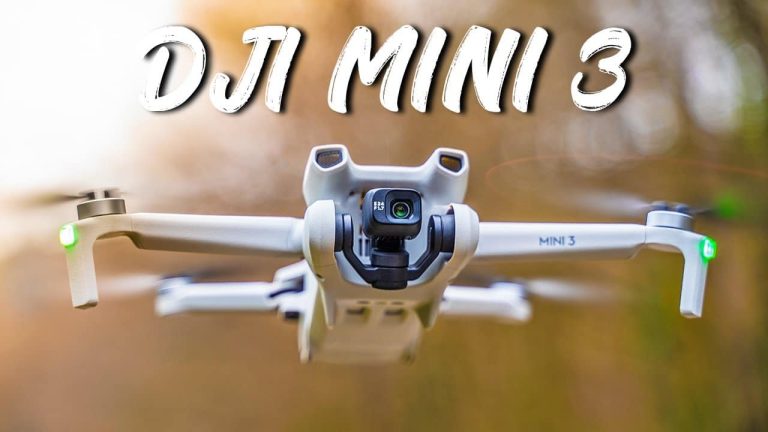
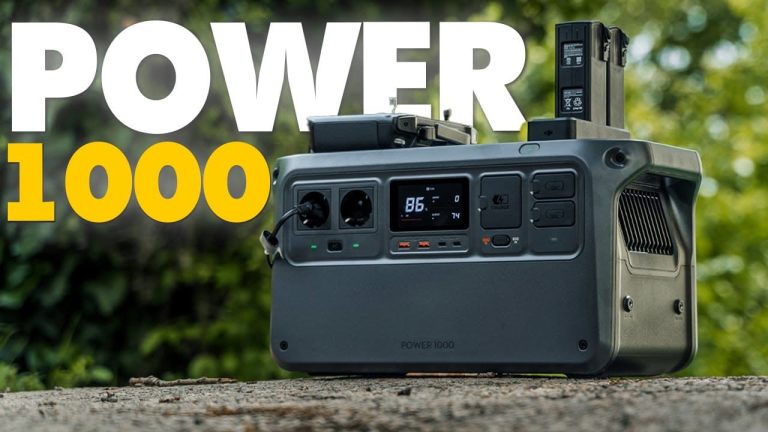
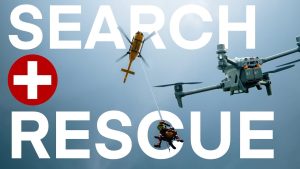

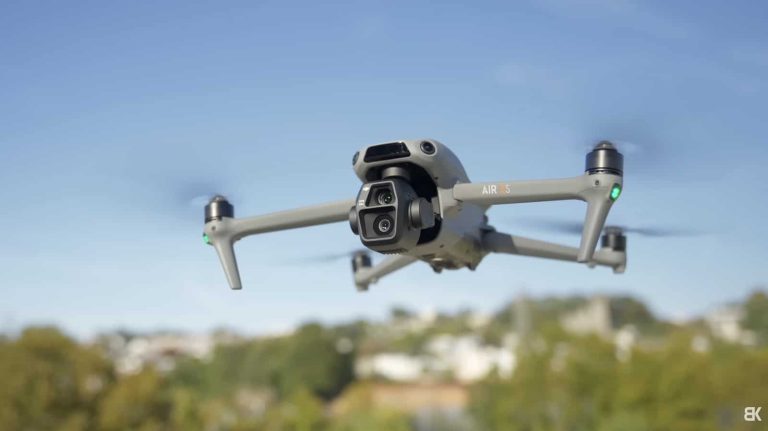
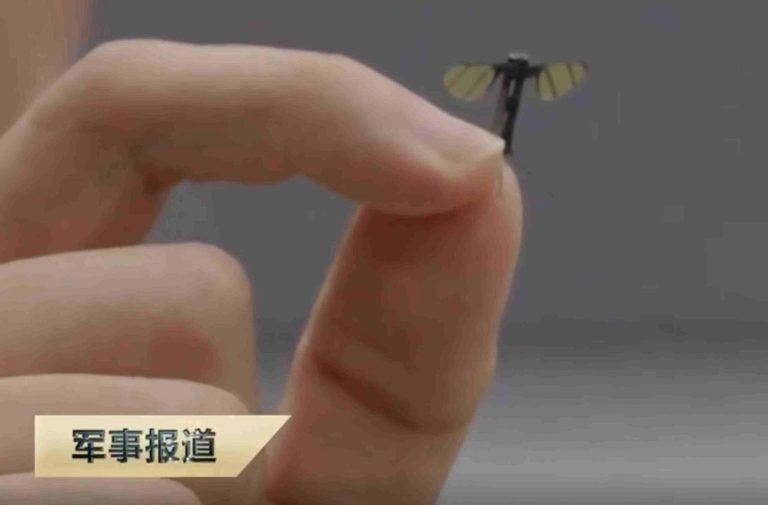
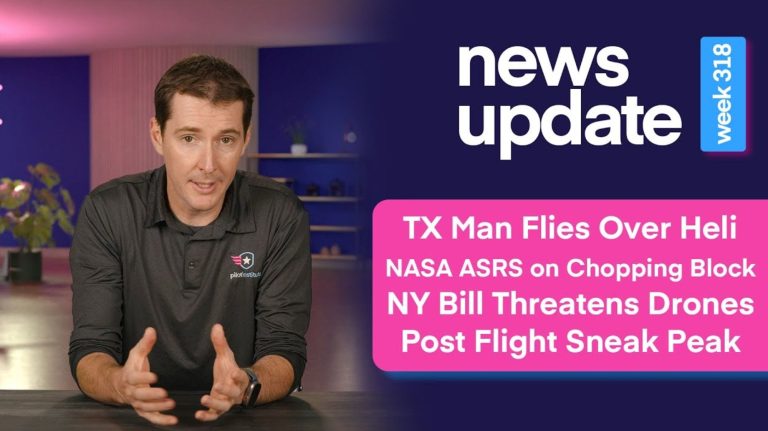
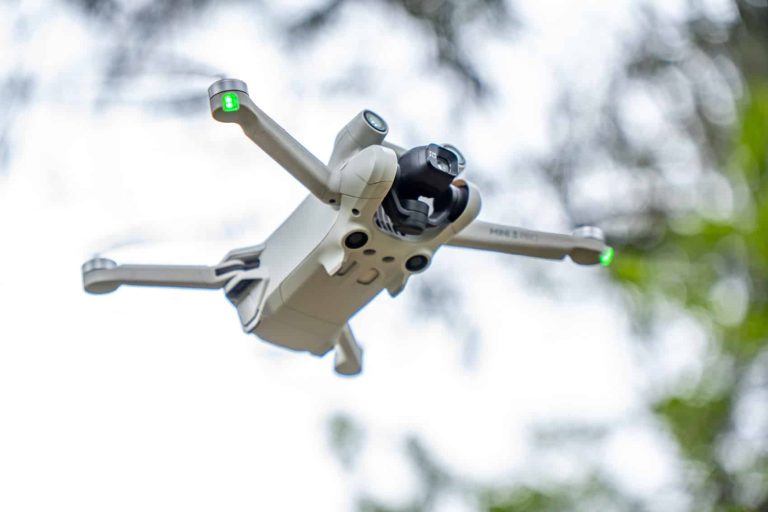
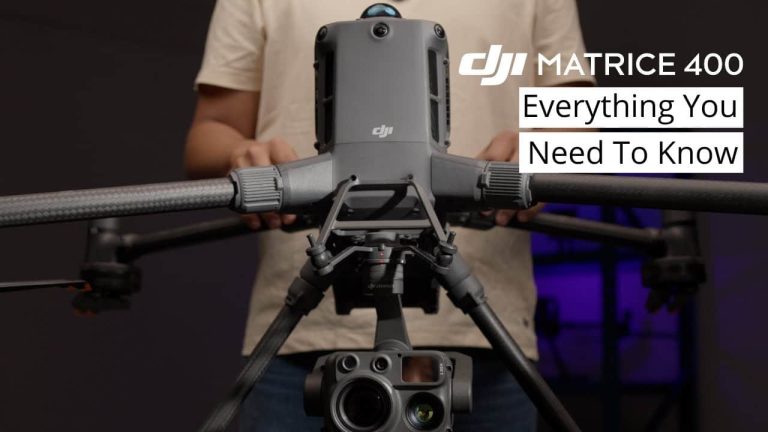
+ There are no comments
Add yours